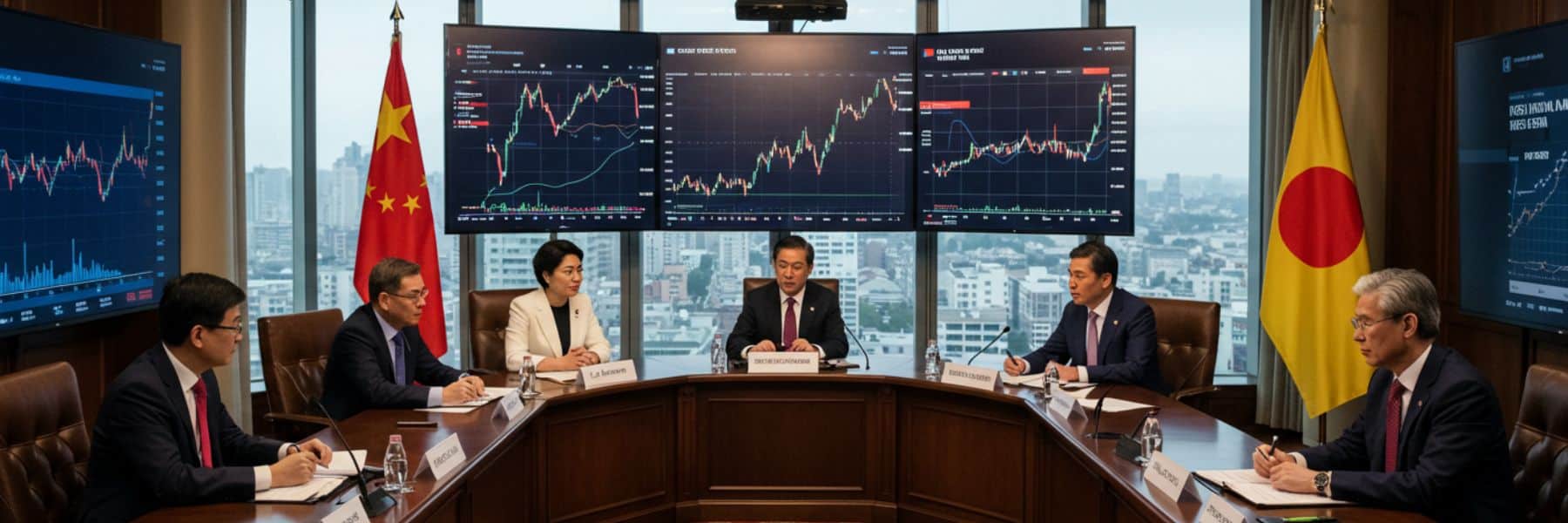The cryptocurrency market faces heightened uncertainty as escalating trade tensions between the U.S. and key Asian economies trigger investor caution. With the U.S. preparing to implement new tariffs—dubbed “Liberation Day” measures—on April 2, China, Japan, and South Korea have agreed to coordinate countermeasures, amplifying concerns about broader economic repercussions.
Bitcoin, often viewed as a barometer for market sentiment, has reflected this unease, dropping nearly 2% to $82,687 amid a sustained bearish trend. Analysts attribute the decline to risk-averse trading behavior as investors brace for potential market disruptions. While institutional interest persists—evidenced by growing whale holdings and steady ETF inflows—the short-term outlook remains clouded by geopolitical uncertainty.
The tariffs, targeting sectors like automotive and pharmaceuticals, threaten to strain global supply chains and destabilize export-reliant economies. Such developments historically correlate with crypto market volatility, as digital assets increasingly intertwine with macroeconomic trends.
Technical indicators suggest Bitcoin faces critical resistance near 85,000,withdownsideriskstoward85,000,withdownsideriskstoward70,000 if bearish pressures intensify. While some analysts anticipate a potential V-shaped recovery, much hinges on whether trade negotiations escalate or stabilize.
Meanwhile, altcoins like Ethereum, Solana, and XRP have mirrored Bitcoin’s slump, underscoring the market’s sensitivity to macro risks. As the tariff deadline looms, traders remain cautious, balancing long-term crypto adoption narratives against near-term economic headwinds.
For a detailed analysis, read our article here.


.png)

.png)


.png)









